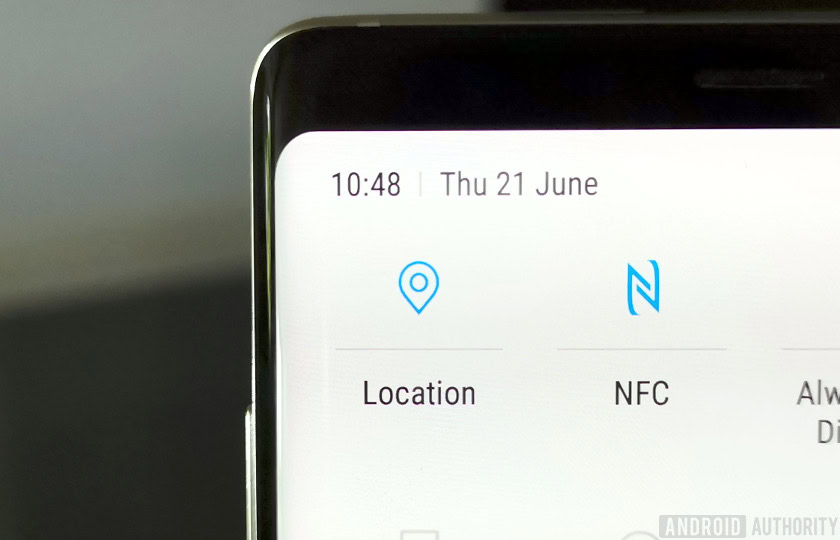Affiliate links on Android Authority may earn us a commission. Learn more.
Smartphone location tracking is creepier than you thought

When you purchase a smartphone today, there’s an implicit agreement of your privacy taking a backseat to the device’s capabilities. Most of us are aware of this agreement, though The New York Times today published a report on the price we pay for a smartphone’s unbridled ability.
According to the outlet, it acquired the largest smartphone location data file ever reviewed by journalists. The file contains over 50 billion location pings from the phones of over 12 million Americans in cities like Washington D.C., New York City, San Francisco, and more. Each piece of information represents the precise location of one smartphone over several months in 2016 and 2017.
The results are almost dystopian in terms of visuals. As an example, here’s a visualization of location pings at Grand Central Terminal in New York City:
Additional examples include the location data of 12 people visiting the Playboy Mansion and of others visiting the Johnny Depp, Tiger Woods, and Arnold Schwarzenegger estates.
According to The New York Times, companies argue people consent to being tracked, the location data is anonymous, and the location data is secure. However, the outlet was able to identify and track U.S. military officials, law enforcement officers, and lawyers using the smartphone location data and publicly-available information.
The location data also hinted at failing marriages, evidence of drug addiction, and visits to psychological facilities. This is where the concerns really crop up. According to the anonymous sources of the location data, they’re afraid the company they work for could abuse the data.
Compounding matters, there’s no federal privacy law when it comes to collecting such information at scale — the industry mostly relies on self-regulation. State laws like the California Consumer Privacy Act will add protections for residents, but private companies are generally unencumbered when it comes to data collection and sharing.
Take some time out of your day to read the piece. As an Android-centric website and fans of Google’s mobile operating system, smartphone location tracking is nothing new to us. However, The New York Times‘ visualizations and reporting show us to what extent companies go to keep tabs on where you are.